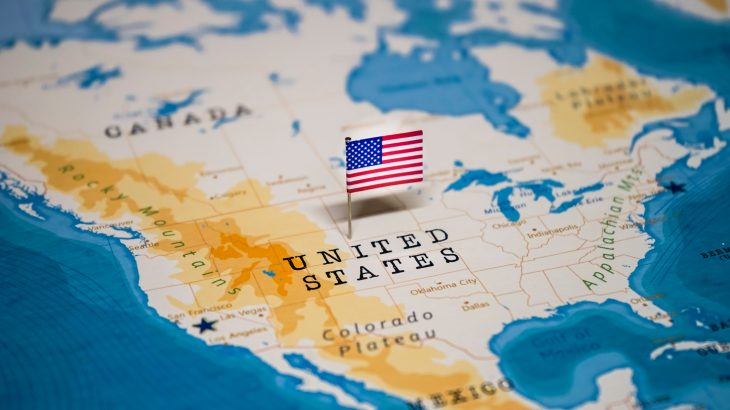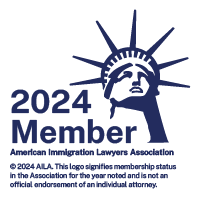
In June 2025, the U.S. government began implementing Presidential Proclamation 10949, suspending visa issuance for certain foreign nationals. But does this mean visa approvals are completely frozen? Not exactly. At Zhang-Louie PLLC, we’ve been following this closely—and there’s a narrow path forward for some travelers: the National Interest Exception (NIE).
What Is the National Interest Exception?
According to the U.S. Department of State, visa applicants who would normally be subject to the proclamation may still apply for a visa and be considered for an exception—but only if their travel serves a U.S. national interest. These case-by-case exceptions can be granted by the Secretary of State or a designated official, in coordination with the Department of Homeland Security. This exception process is grounded in Section 4(d) of the June 4, 2025 proclamation and Executive Order 14150, which prioritizes U.S. strategic interests.
❗ Important: There is no separate NIE application. The determination is made during the regular visa application process.
Who Qualifies for an NIE?
This is where things get strict. According to AILA, NIEs are expected to be rare, and consular officers will only consider them if:
- The applicant is otherwise eligible for the visa
- The applicant poses no national security or public safety risk
- The applicant can clearly explain how their travel serves a U.S. national interest
Examples of travel that may qualify:
- Work supporting U.S. national security
- Critical infrastructure support (e.g., energy, public health, defense)
- Specialized expertise in science or technology that directly benefits U.S. innovation or security
Examples of travel that typically won’t qualify:
- Visiting family
- Routine business meetings
- Employment or study not tied to a national priority
What Visa Applicants Should Expect
If you’re applying from a country subject to the proclamation:
- You may still apply and attend an interview
- There’s no guarantee your visa will be issued, even if you’re eligible
- If an NIE is considered, it’s solely at the discretion of the consular officer
Applicants should be ready to clearly articulate how their presence in the U.S. supports national interests. This means preparing to explain your role, provide documentation that supports your contribution, and being transparent about your travel purpose.
Why This Matters
For many international professionals—especially those in technology, engineering, medicine, and national security-related fields—this exception could mean the difference between opportunity and delay. At Zhang-Louie PLLC, we’ve guided clients through complex immigration scenarios, including presidential proclamations and NIE requests. Our approach focuses on clarity, compliance, and maximizing the chances of a successful outcome.
GET IN TOUCH

